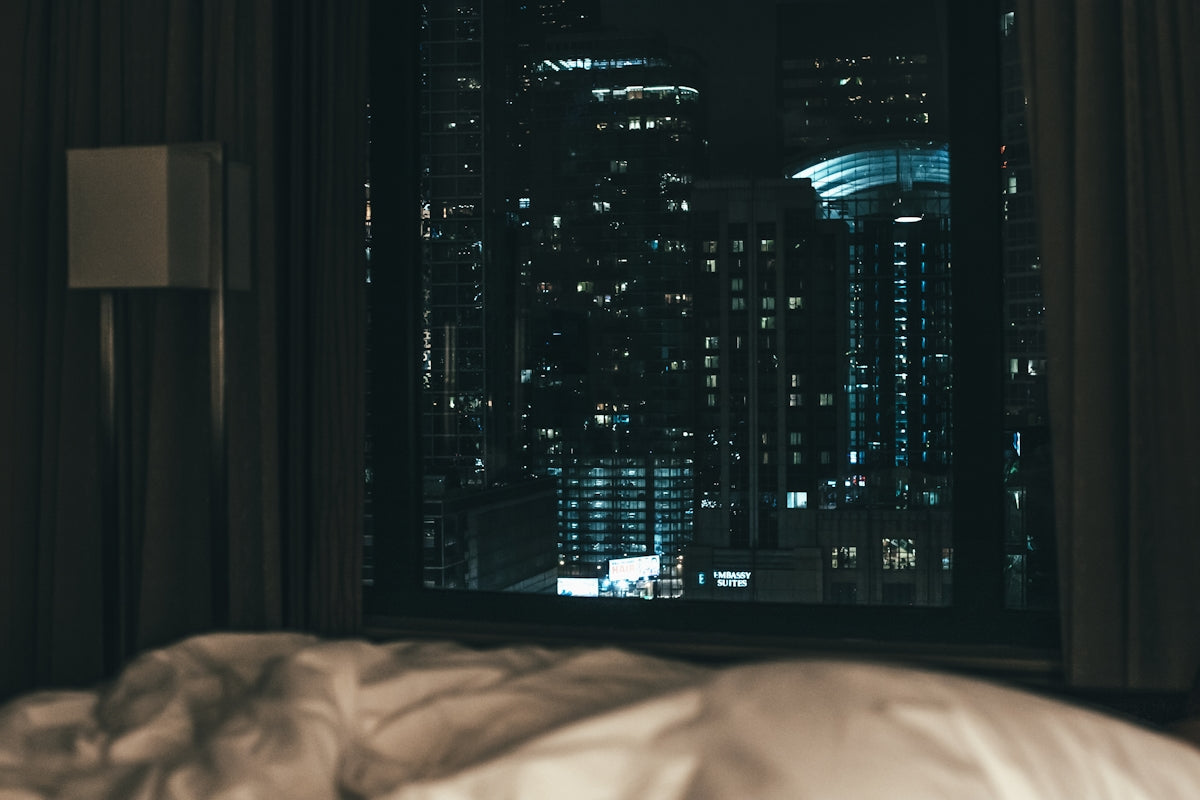Sleep is an essential aspect of human health, influencing everything from cognitive function to emotional stability. However, in the modern world, technology has significantly altered how we rest. From smartphones to streaming services, the digital age presents unique challenges and opportunities for our nightly slumber. This blog post explores the effects of technology on our sleep patterns and offers insights into achieving better rest in a tech-driven world.
The Rise of Technology and its Effect on Sleep
Technology has become an integral part of our daily lives. While it brings convenience and connectivity, it also disrupts our natural sleep cycles. The blue light emitted from screens—such as phones, tablets, and laptops—affects the production of melatonin, the hormone responsible for regulating sleep. As we spend more time in front of screens, particularly before bedtime, our circadian rhythms can become confused, leading to insomnia and other sleep disorders.
The Science Behind Sleep and Technology
Research indicates that exposure to artificial light, especially blue light, can trick our body into believing it’s still daytime. This delay in melatonin production can shift sleep schedules and make it harder to fall asleep. Furthermore, engaging with content that captures attention, such as social media or video games, can overstimulate the brain, making it more challenging to transition into a restful sleep state.
Sleep Disruptions from Social Media
The rise of social media platforms has added another layer to the challenges technology presents to sleep. Notifications, the fear of missing out (FOMO), and the addictive nature of social media can cause individuals to stay awake longer than intended. The constant connectivity and the pressure to stay 'always on' leave many people feeling anxious, cutting into their sleep time.
Strategies to Combat Technology-Induced Sleep Issues
While technology can disrupt sleep, it is not without solutions. By implementing mindful habits and leveraging holistic approaches, we can mitigate its negative effects on our sleep cycles.
Mindful Screen Time
One effective strategy is to establish a digital curfew. Reducing screen exposure at least an hour before bedtime can markedly improve sleep quality. This can be enhanced by engaging in relaxing activities such as reading a book or listening to calming music.
Incorporating Natural Supplements
Natural supplements can aid in achieving a balanced sleep-wake cycle. For instance, ImmuneBoost - Herbal Vitamin C Complex with Reishi Mushroom & Probiotics can support immune health, which is fundamentally linked to quality sleep. The inclusion of Reishi mushroom, known for its calming properties, can contribute to a more restful night.
Creating a Sleep-Conducive Environment
Creating an optimal sleep environment is crucial. This includes ensuring the bedroom is dark, quiet, and cool. The use of devices such as white noise machines can block disruptive sounds, while blackout curtains can eliminate intrusive light.
Stress Management and Physical Health
Stress management techniques like meditation or yoga can also play a role in improving sleep. Regular physical activity, aligned with nutritional support from supplements like OmegaBalance - Omega 3, 6, 9 Oils Blend, can promote overall well-being and reduce symptoms of anxiety and depression that often lead to sleep disturbances.
Emphasizing Consistent Sleep Schedules
Maintaining a regular sleep pattern by going to bed and waking up at the same time every day, even on weekends, can help regulate your body's clock and could help you fall asleep and stay asleep for the night.
Embracing a Balanced Approach
Incorporating technology mindfully into our lives is critical. While the elimination of technology is neither feasible nor desirable, adopting a balanced approach is key. By being proactive about our health and sleep hygiene, we can ensure that technology serves as an aid rather than a hindrance to our nightly rest.
For those looking for a more natural path to enhanced health and sleep wellness, visiting the BioBodyBoost website will provide various options tailored to supporting your journey to better sleep.
Conclusion
Technological advancements have brought remarkable changes to our lifestyle, but they also necessitate new considerations for our health, particularly regarding sleep. By understanding the impact of technology on sleep and taking deliberate actions to counteract its challenges, we can achieve a harmonious balance that supports optimal health and well-being.
For more information on how to integrate natural solutions into your routine, explore the array of products offered by BioBodyBoost, designed to support a healthier, more balanced life.
This blog post is for educational purposes and is not a substitute for professional medical advice. Always seek the advice of your physician or another qualified health provider with any questions you may have regarding a medical condition.








0 comments